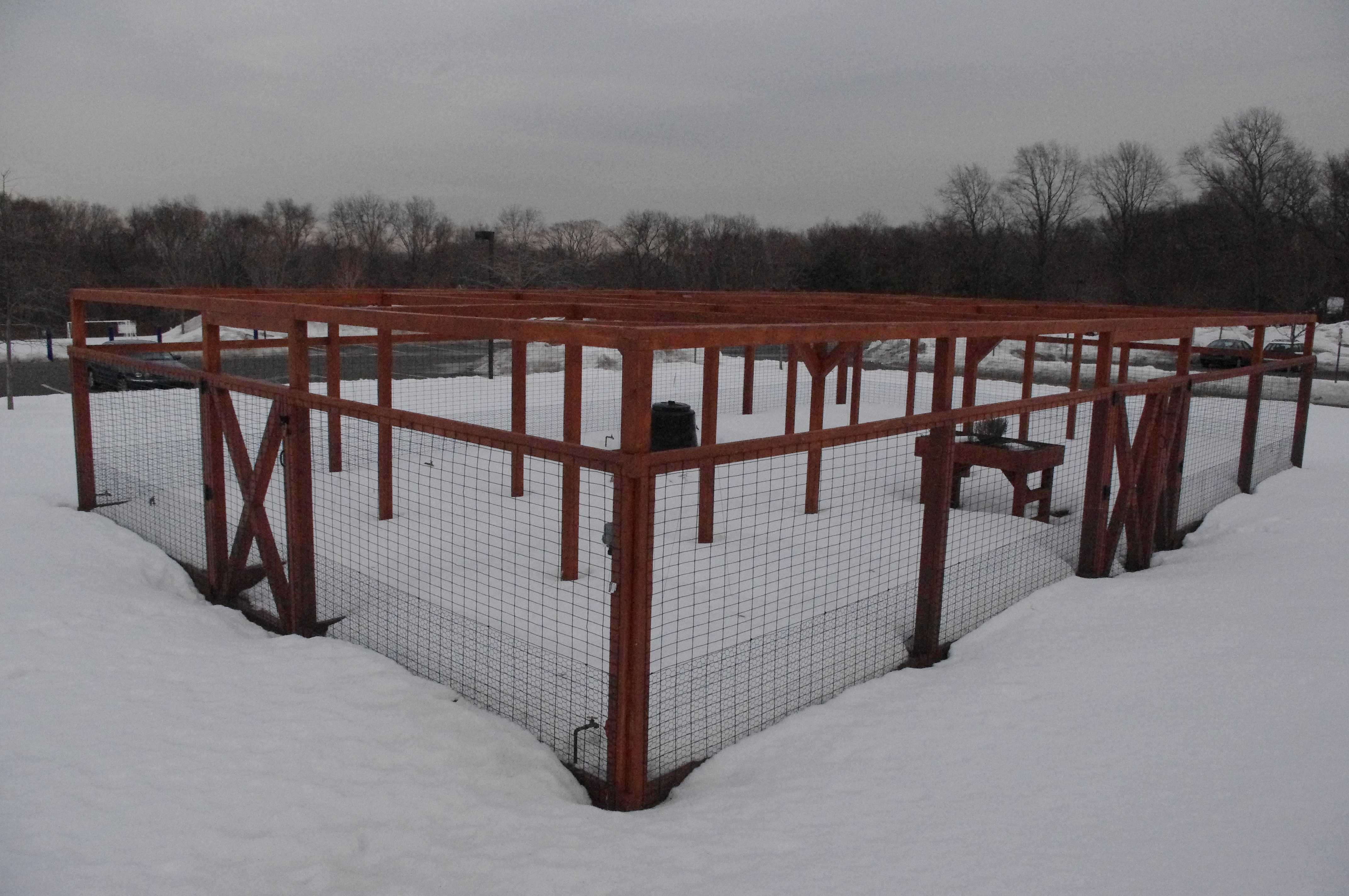
Although it feels like grass no longer exists due to the massive amount of snow piled on top of it, soon enough the snow will melt, spring will arrive, and the culinary arts classes will adapt to the seasonal change by using seasonal ingredients.
Whether it is Culinary 1, 2, or Advanced Culinary, becoming educated on seasonal foods is part of the curriculum. In Culinary 1, which is primarily a baking and pastry course, the types of fruits that are used are based off of the season.
According to culinary teacher Chef Cecily Gans, “in the fall we do a lot with hard squashes like pumpkins.” However in the spring, they often use peaches.
Before creating menus and recipes, a lot of consideration goes into each fruit purchase.
Take a strawberry for instance.
During the spring, a strawberry’s delicious aroma is present in culinary classes courtesy of Westport Farmers’ Market, but in the winter, because the strawberry is out of season, the fruit is less common.
If the class were to purchase a strawberry during the winter, its price would be much higher, it would be less widely available, and of lower quality.
As a result, culinary arts classes at Staples stress the importance of using ingredients relative to the season and the fact that in actuality, it is “more important to not have a strawberry on your plate in December,” said Gans of teaching reciped that include seasonal foods.
“When there is three feet of snow on the ground it is pretty obvious that we aren’t sourcing our tomatoes from the farm next door,” Gans said.
While Gans and Chef Allison Grace, another culinary arts teacher, are usually the people who go grocery shopping, occasionally the Advanced Culinary classes will pay a visit to the farmers’ market themselves. This teaches them to think about what whether or notwhat they are purchasing is in season and how different menus will work at different times of the year.
“I have definitely learned what not to buy during different seasons. In Advanced Culinary, we really focus on what’s fresh, and creating recipes surrounding it,” said Joshua Litvinoff ’11, an Advanced Culinary student and a teacher’s assistant for Culinary 1.
In addition to the farmers‘ market, “The Advanced Culinary arts class harvests the majority of what is growing in the garden here at Staples, and utilizes that produce for their weekly menus,” said Gans.
The use of this garden encourages the students to grow their own produce and pick out their own produce, and then use these ingredients at home.
The local food movement is growing across the country with support from Michelle Obama, and Staples is leading the pack.












































